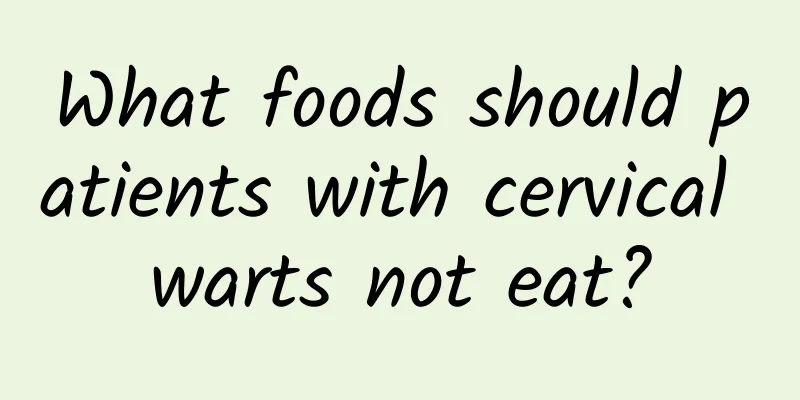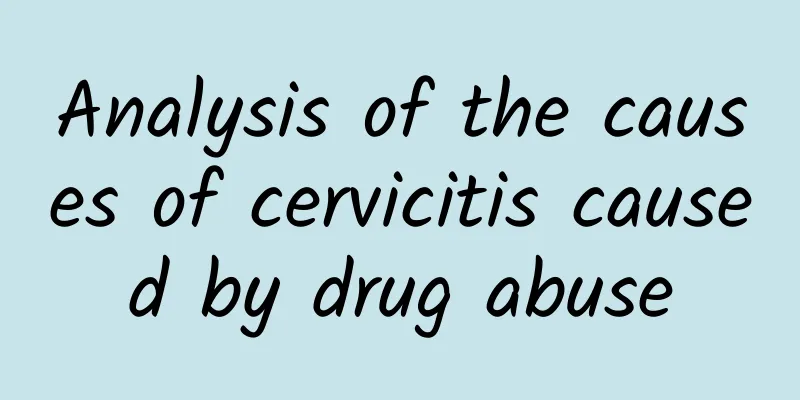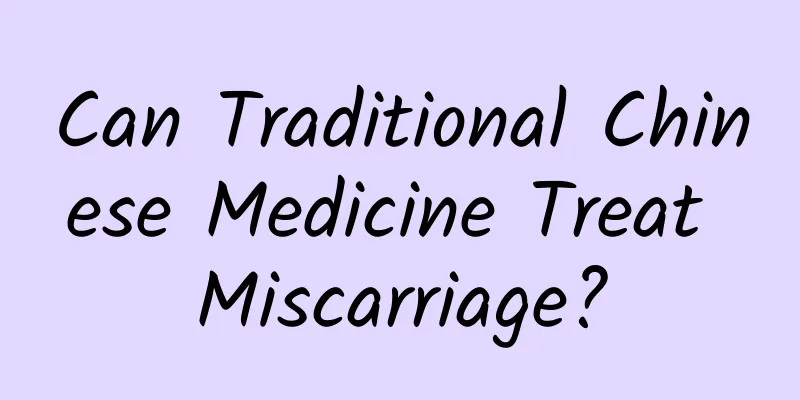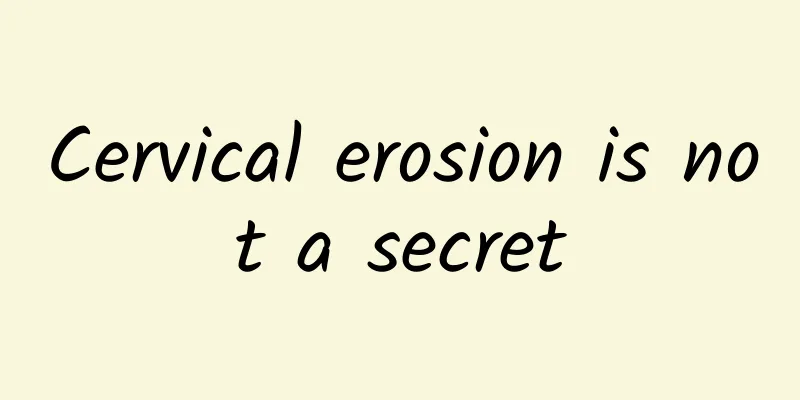What foods should patients with cervical warts not eat?

|
If people want to maintain the normal functioning of their body, they need to supplement their food every day. However, in the treatment of many diseases, if they can eat properly, it can also help patients control the deterioration of the disease. In the treatment of cervical warts, a difficult disease, food also plays a major role. What are the dietary taboos for cervical warts? 1. Foods that cause skin irritation: beef, mutton, spicy seafood, it is best to eat less or no food to reduce the burden on the skin. Long-term use of coix seed has a certain effect on the inhibition and elimination of viruses, so it can be eaten. Go to the pharmacy to buy some isatis root (Chinese herbal medicine), soak it in water for a long time and drink it, the anti-virus effect is very good. Royal jelly is also effective, it improves immunity and supplements trace elements very well. 2. Garlic: Garlic contains allicin, a powerful antibacterial substance that can kill a variety of pathogenic microorganisms, including viruses. Allicin can kill human papillomavirus, but unlike antiviral drugs and antibiotics, it does not harm the beneficial bacteria in the human body. The most effective way to add garlic to the diet is to mash it into minced garlic, which can be added to pasta sauces, pickled or fried vegetables. Allicin will be absorbed into the blood and eventually transported to the location of the wart, killing the source of the virus. 3. Shiitake mushrooms: The shiitake polysaccharide contained in shiitake mushrooms can enhance human immunity. Mushrooms, hericium erinaceus, straw mushrooms, black fungus, white fungus, caryophylle, lily, etc.: all have obvious effects on enhancing immunity. Fresh radish: because it contains rich interferon inducers, it has immune effects. Ginseng royal jelly can improve the body's immunity and endocrine regulation ability, and contains bee lactic acid with anti-cancer effects. 4. Corn: Corn contains carotene, which can inhibit carcinogens. Tomatoes: Rich in glutathione and vitamins. Sweet potatoes contain trace elements of selenium and more crude fiber. Apricots: Apricots are rich in vitamin A, vitamin C and flavonoids. Kiwi fruit is extremely rich in vitamin C9. Foods with antiviral activity include: apples, barley, ginger, grapes, straw mushrooms, onions, tea, peaches, broccoli, asparagus, white fungus, bitter melon, carrots, spinach, sweet potatoes, aquatic shellfish, etc., which can improve the body's immune function. Yogurt, garlic, and mushrooms have both antiviral effects and can stimulate immune function. Yogurt can enhance the activity of natural killer cells and promote the body's ability to kill viruses. Role. |
<<: What are the dietary therapies for patients with cervical warts?
>>: How to eat scientifically for patients with cervical warts
Recommend
What tests should be done for cervical warts
Can cervical warts be detected by blood tests? Bl...
Let me tell you how to prevent cervicitis in daily life
Many people panic after finding out that they hav...
What are the symptoms of left lateral adnexitis?
What are the symptoms of left lateral adnexitis? ...
Is hyperprolactinemia hereditary?
The cause of hyperprolactinemia is still a myster...
What should I do if my menstrual flow is getting less and less?
What should I do if my menstrual flow is getting ...
Chronic adnexitis may cause tender masses
Adnexitis can be divided into chronic adnexitis a...
Four methods to help relieve dysmenorrhea
Many female friends will experience dysmenorrhea ...
How to prevent ovulation bleeding?
How can ovulation bleeding be prevented? Gynecolo...
Brie Larson's evil curves in Captain Marvel! 3 fitness tips to create a perky butt and a beautiful back
The hot topic of discussion recently has to be Ma...
What should you not eat after recovering from uterine fibroids? What should you pay attention to after recovering from uterine fibroids?
What should you not eat after recovering from ute...
Cool down and prevent cancer! Asparagus promotes the production of body fluids and regulates immunity
In the hot summer, eating asparagus is the best c...
Reduce calories + increase metabolism = successful weight loss
He squatted until his legs were sore, and decided...
How to prevent menopause?
How to prevent menopause? This is what everyone i...
Can I still get pregnant after uterine fibroid surgery? Do I need to use contraception for half a year after uterine fibroid surgery?
Uterine fibroids are known as the "first gyn...
Why does Bartholinitis keep recurring?
Gynecologists point out that the Bartholin's ...









